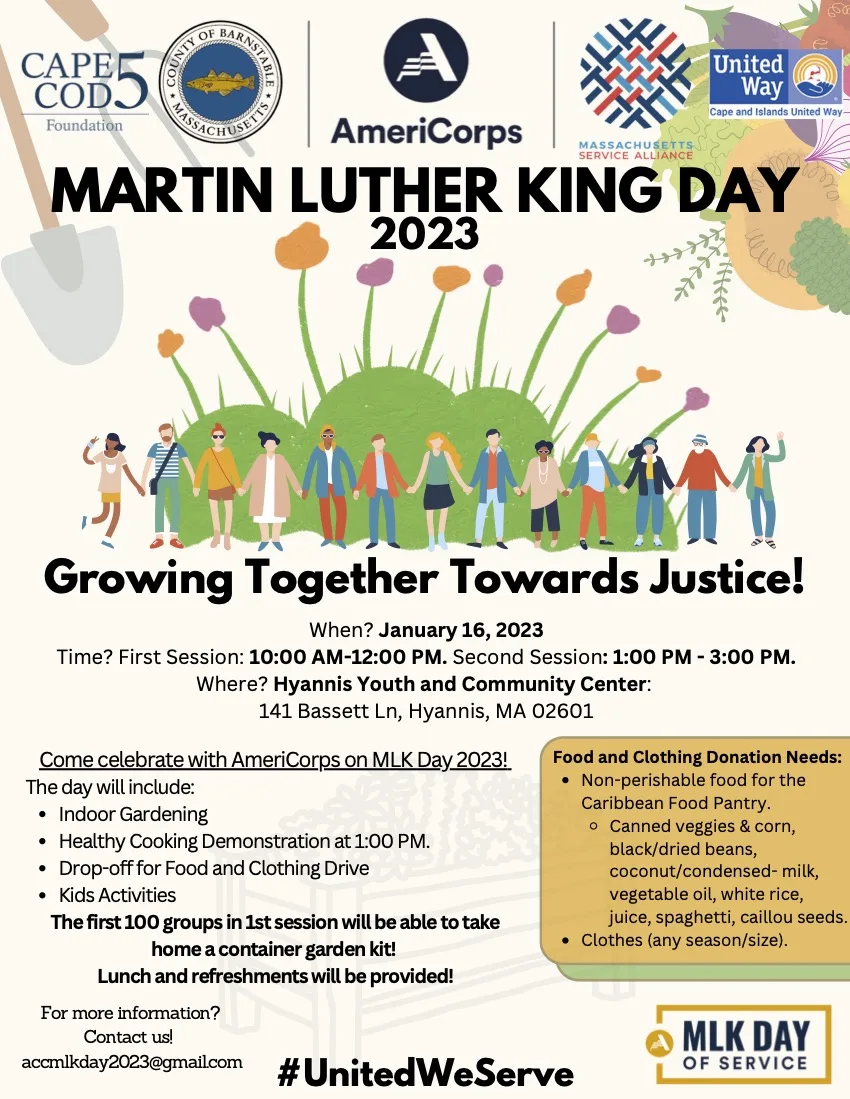The establishment of Martin Luther King Jr. Day as a federal holiday is a testament to the enduring legacy of civil rights leader Martin Luther King Jr., celebrated on the third Monday of January each year. This day is not only a celebration of King’s achievements but also serves as a time for reflection on the progress and ongoing challenges in civil rights in America. The fight for a designated day honoring King began shortly after his assassination in 1968. Supporters of the holiday faced significant opposition, with a federal holiday being designated only on November 2, 1983, when President Ronald Reagan signed the bill into law. Despite the initial resistance, which included various concerns about the implications for other holidays and budgetary issues, the holiday was first observed on January 20, 1986. There has been ongoing discussion around the need to ensure that King’s teachings and vision are honored and not merely acknowledged as a day off work. Many Americans take part in community service activities on this day, emphasizing the importance of King’s message of equality and justice. It is now a federal holiday recognized in all states, though some have marked their resistance by referring to it as ‘Civil Rights Day’ or celebrating it on different dates. Still, King’s legacy remains influential, encouraging new generations to pursue civil rights and justice in various forms.
Long Struggle to Establish Martin Luther King Jr. Day as a Federal Holiday













